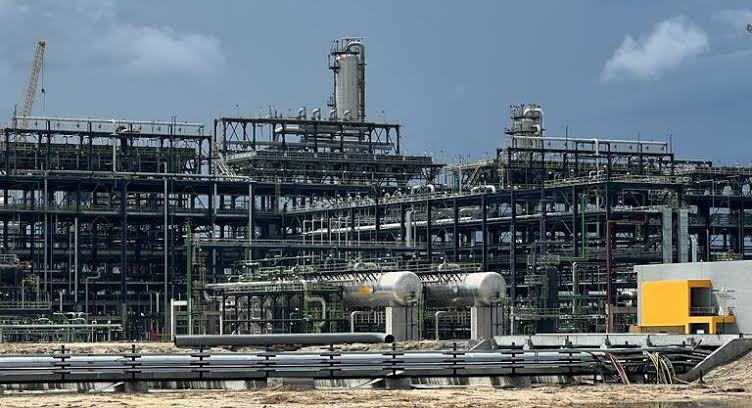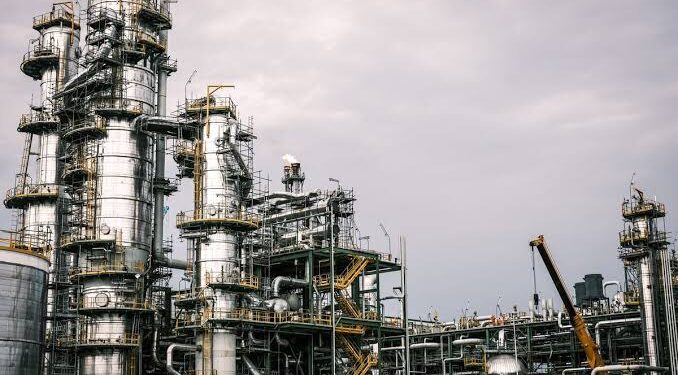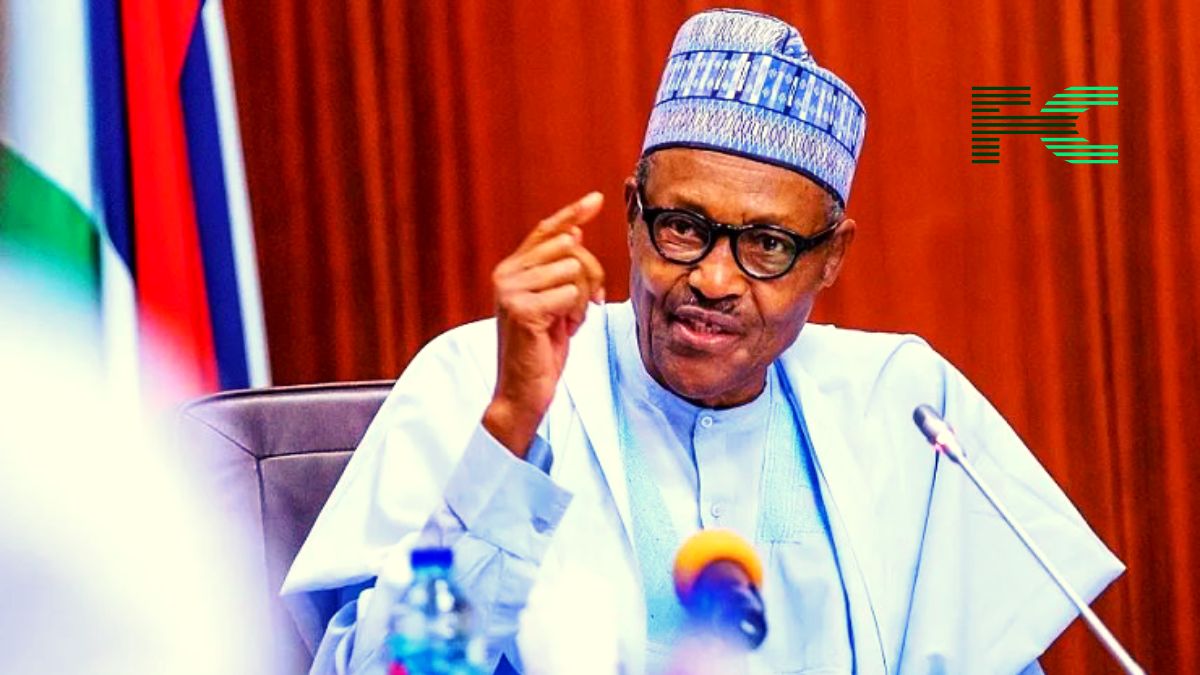The Management of Dangote Industries Limited has raised concerns over the continued frustration of crude supply to its 650,000-capacity refinery by International Oil Companies (IOCs). Despite the Nigerian Upstream Petroleum Regulatory Commission’s (NUPRC) intervention and publication of the Domestic Crude Supply Obligation guidelines, the IOCs have persisted in selling crude oil to the refinery through their foreign agents at exorbitant prices.
According to the Dangote Group, the IOCs have refused to sell crude oil directly to the refinery, instead, insisting on selling through their international trading arms at a premium of $2 to $4 per barrel above the official price set by the NUPRC. This has resulted in the refinery paying higher prices for crude oil than the market price, making it difficult for the refinery to operate efficiently.


The Vice President, Oil & Gas, Dangote Industries Limited, Mr. DVG Edwin, stated that the company has been forced to reduce its output and import crude oil from countries as far as the United States due to the high costs imposed by the IOCs. He urged the NUPRC to take a second look at the issue of pricing, ensuring that transactions are on a willing-seller, willing-buyer basis.
The Crude Oil Refiners Association of Nigeria (CORAN) has also alleged that IOCs have been selling crude oil to its members through their trading agents in Europe, rather than engaging in direct sales to local refineries. CORAN expressed optimism that the Federal Government’s intervention would help stop the practice, describing it as an illegal act that requires immediate attention.
The NUPRC has directed oil refiners to provide monthly price quotes on crude supply, and the commission has resolved the controversies between oil producers and local refineries. The Federal Government has been urged to implement its policies and guarantee the supply of crude to local refineries. The NUPRC spokesperson, Olaide Shonola, promised to investigate the claims made by the Dangote refinery and CORAN.
The Dangote refinery, which is set to roll out its petrol in August 2024, has the potential to reduce the country’s dependence on imported petroleum products and create jobs. However, the continued frustration of crude supply by the IOCs may hinder the refinery’s ability to operate at full capacity.

















